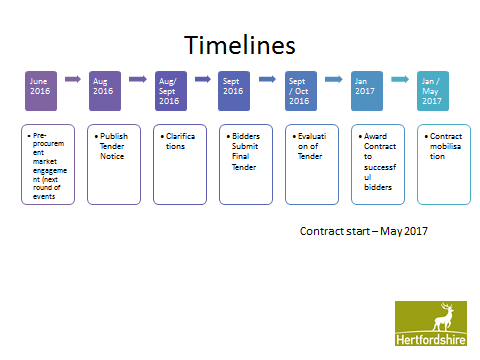Interesting article to read…
When you need care or practical support, being able to stay in your own home to maintain your independence can make all the difference – particularly if you are older. And that’s why the most vulnerable people in our society deserve to receive good care in a place where they’re most comfortable – at home and in their local community.
There were around 470,000 people who received home care last year with care for people aged 65 and over costing around £1.4 billion. And with England’s ageing population, demand for services is only set to increase in the coming years. Back in September 2015, NICE published its first social care guideline on promoting high-quality home care services for older people. The recommendations emphasised the importance of tailored home care specific to the individual’s needs, wishes and aspirations.
So with demand for services on the rise, it’s more important than ever to ensure that the home care being delivered is high-quality, compassionate and provides the right level of support. The home care quality standard (QS) focuses on key areas of care that most need improvement. A home care plan, that identifies how an individual’s priorities will be met, will ensure that older people receive the right care at the right time in their own homes.
But not only that, imagine you’re expecting a home visit from a care worker, but the appointment gets cancelled or delayed – well, the care plan should set out how your home care provider will respond appropriately to these missed or late visits. This would bring you peace of mind, safe in the knowledge that the level of care you receive won’t be compromised.
One of the recommendations in the home care guideline that received a lot of media attention was about how long a home visit should be – where visits of less than 30 minutes should only be made in specific circumstances.
To clarify this further, the quality standard states that shorter visits can be made if they have been agreed in advance and if people want them. For example, a visit may not need to take the full 30 minutes if a care worker is checking to see if someone is safe and well or if a task can be done properly in a short time.
Providing consistent care is also vital, so having a team that is well versed and familiar with an individual’s needs means that high-quality person-centred care can be delivered.
Ensure you are aware of the HCC Spot Accreditation Tender
As you know, tenders will be open soon for spot accreditation and HCC will evaluate bids in autumn 2016. Support at Home Providers are asked to ensure they are registered on Supply Hertfordshire so that they are kept abreast of news relating to this tender opportunity.

If you want to find out more about spot accreditation please email Supportathome@hertfordshire.gov.uk